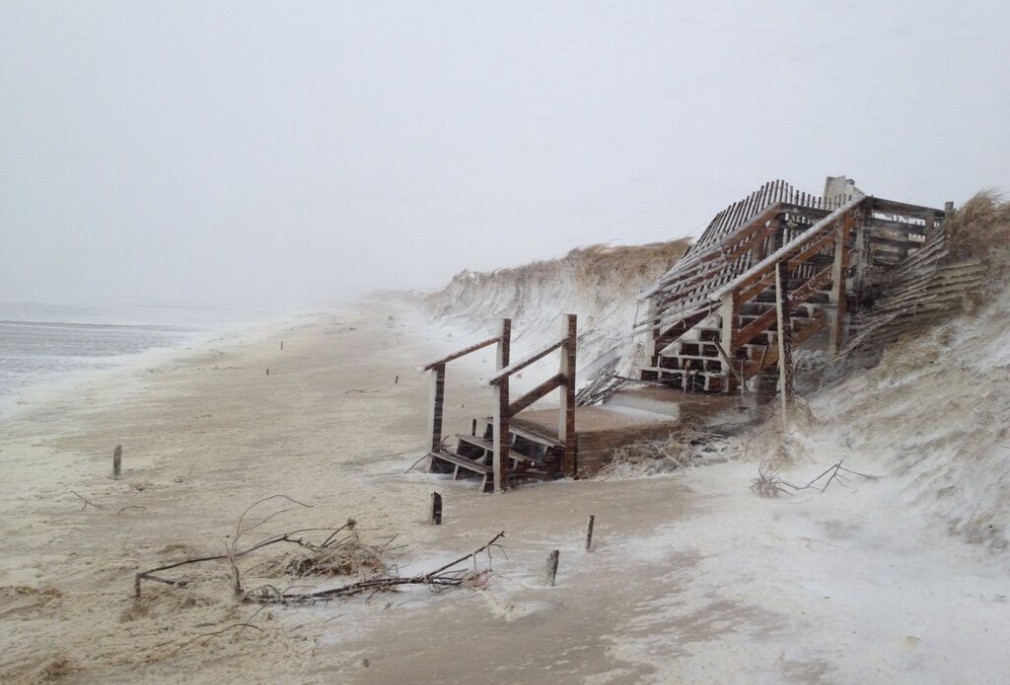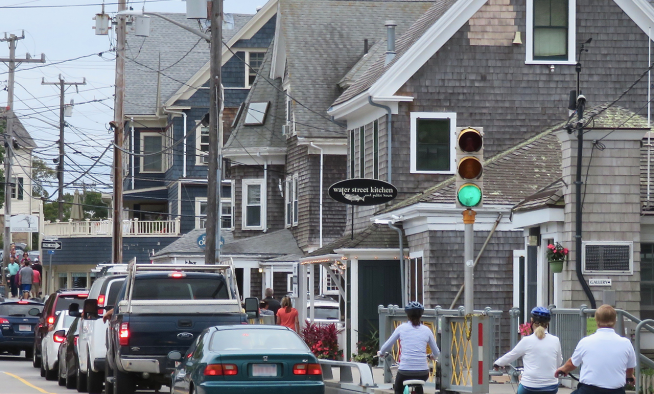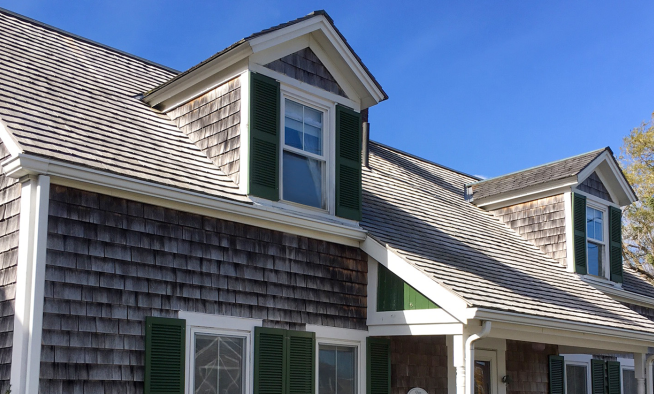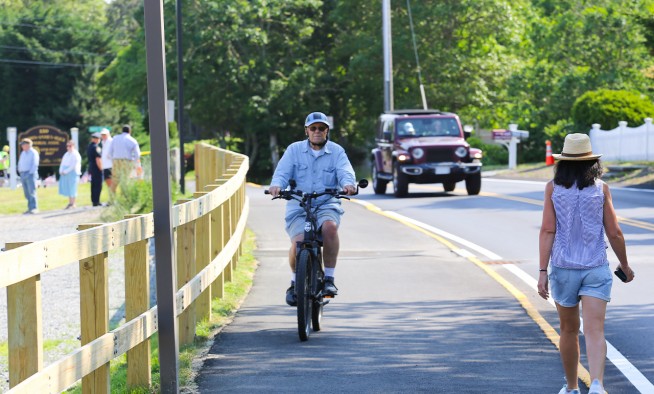Cape Cod Commission Awarded State Grant to Develop Coastal Resiliency Bylaw

Responding to climate change by promoting resilient local action
The Cape Cod Commission will soon begin work to create a model coastal resiliency bylaw that sets out strategies to mitigate and adapt to coastal changes. Adoption of these strategies will offer residents of Cape Cod increased protection from threats such as sea level rise and storm surge.
On Wednesday, September 25, 2019, the Baker-Polito Administration announced $12.9 million in grants to protect and conserve land and natural resources, create and restore parks, improve land use within the Commonwealth, and increase resilience to climate change. The Cape Cod Commission received $145,200 through the Planning Assistance Grant Program to fund the development of a model coastal resiliency bylaw.
The Commission will partner with Bourne, Sandwich, Brewster, and Eastham to evaluate local bylaws and regulations, research best practices, and develop a model bylaw. This project provides a unique opportunity to consider and advance the use of existing zoning to promote more resilient practices.
“On Cape Cod, billions of dollars of private property, businesses, and critical public infrastructure are located within our vulnerable shoreline and coastal hazard areas,” said Kristy Senatori, Executive Director of the Cape Cod Commission. “Development and infrastructure in the floodplain will benefit from pre-disaster planning and action to improve their functions and resiliency during and after storm events.”
The Planning Assistance Grant Program is part of an effort to encourage municipalities to implement land use regulations that are consistent with the Baker-Polito Administration’s land conservation and development objectives including reduction of land, energy, and natural resource consumption, provision of sufficient and diverse housing, and mitigation of and preparation for climate change. These grants will help communities modernize their regulations to build housing and attract jobs in ways that reduce land and energy consumption and greenhouse gas emissions.
Related Posts




